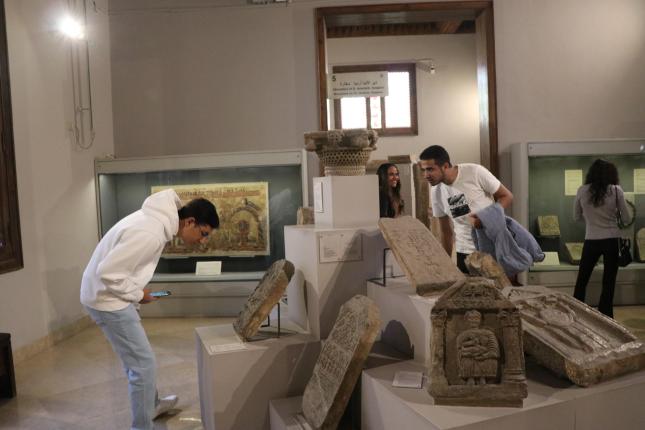
A Deep Dive into Coptic Lives
Coptic Lives, a Core Curriculum course, offers students a gateway into what it would be like to live in historical Coptic society.
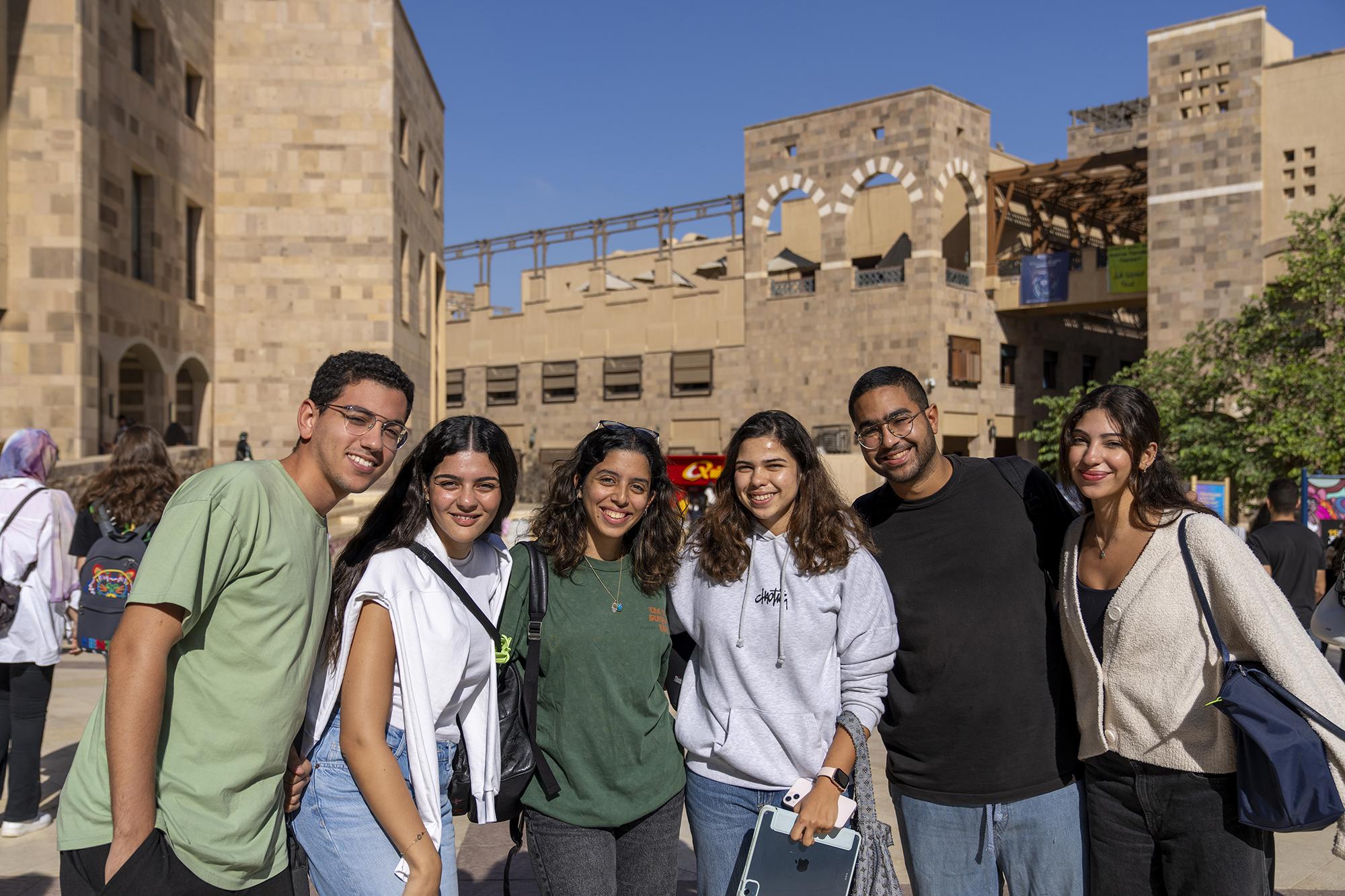
Studies in Applied Linguistics, Visual Arts, Film, Design, Music, Theatre, Educational Studies, English and Comparative Literature, Psychology, Sociology, Anthropology, Egyptology, History, Philosophy, Political Science, and Arab and Islamic Civilizations.
The diverse programs that make up HUSS equip students with the knowledge and skills that will define the next generation of talent.

Coptic Lives, a Core Curriculum course, offers students a gateway into what it would be like to live in historical Coptic society.
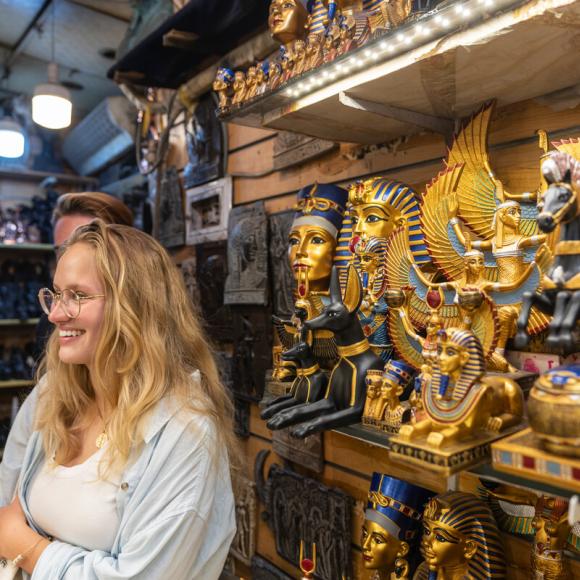
"Academically, AUC gave me a strong foundation in critical thinking; we were always encouraged to speak up and challenge theories as well as concepts."

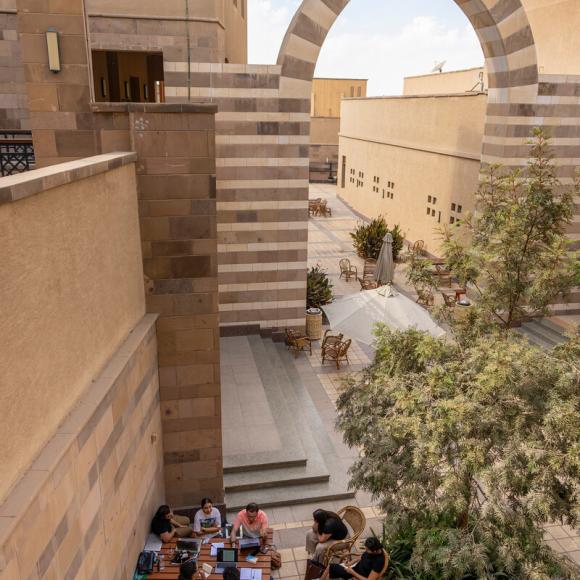
Faculty
Nationalities Represented By Faculty
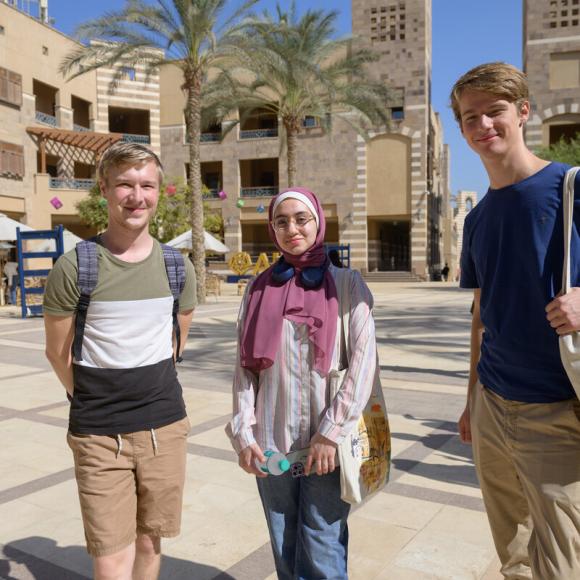
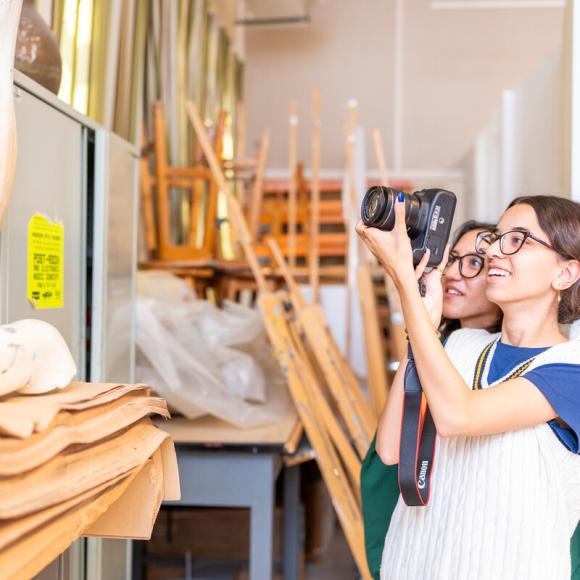
Know more about HUSS and its many programs!
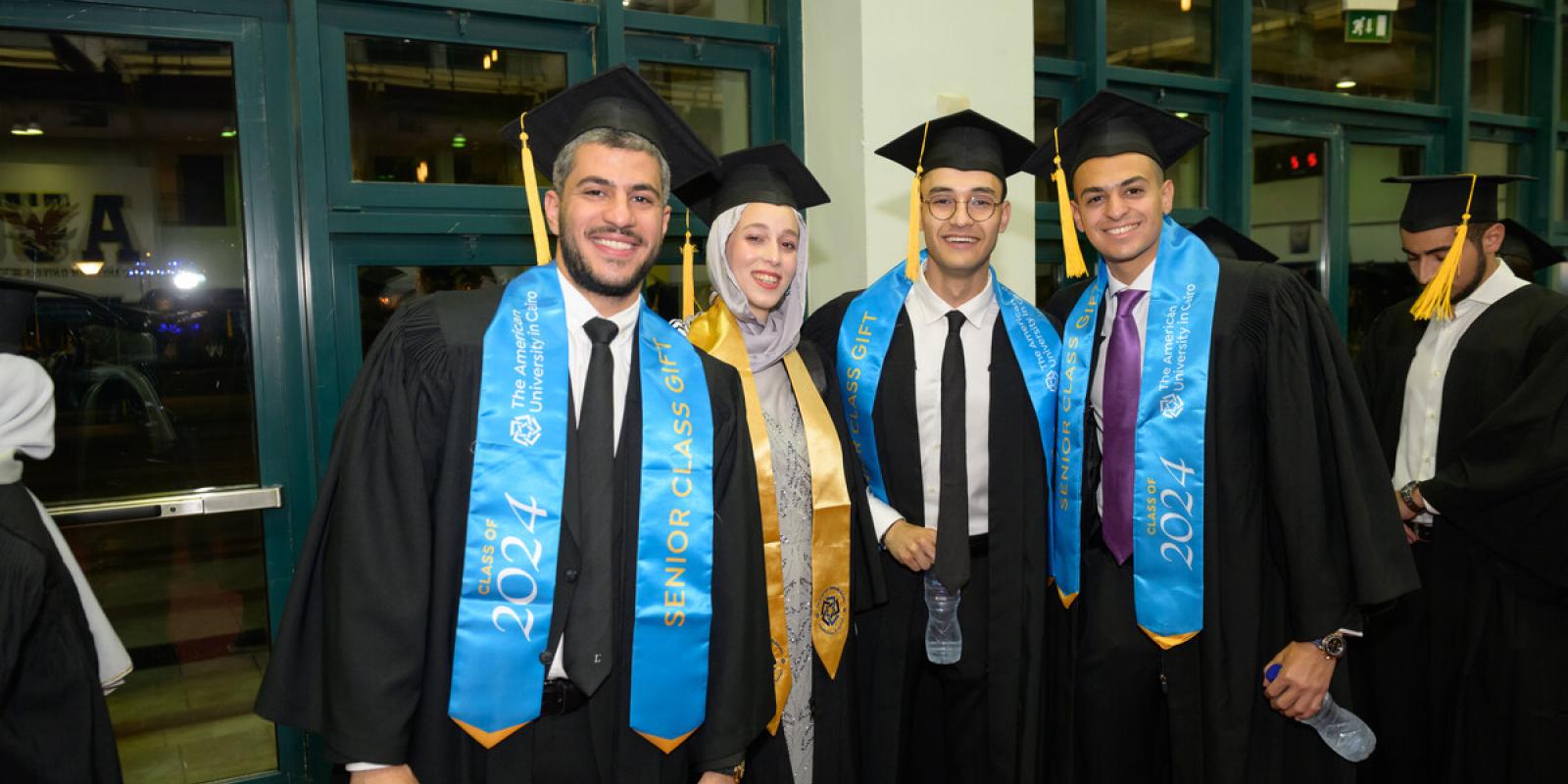
Studying at the School of Humanities and Social Sciences offers a transformative educational experience that delves deep into the intricacies of human behavior, culture, and society. Know more about HUSS unique learning experiences and discover your career path!
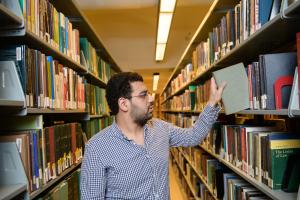
Alif is an international peer-reviewed interdisciplinary journal that appears annually in the spring and publishes critical scholarship in Arabic, English and French.
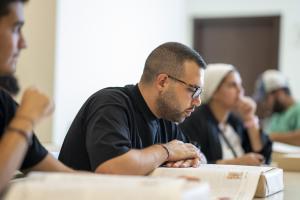
Cairo Papers in Social Science has been in existence since 1977 and became an e-journal in 2015. It is a monograph series that publishes material related to development in the Middle East and to issues and problems of concern to the region.

Intended to serve as a forum for learning and dialogue within the AUC community and beyond, Khamasin responds to a desire voiced by both students and faculty to encourage a community of exchange at the departmental and school levels and to reach out to a larger readership on contemporary issues of social and political importance.